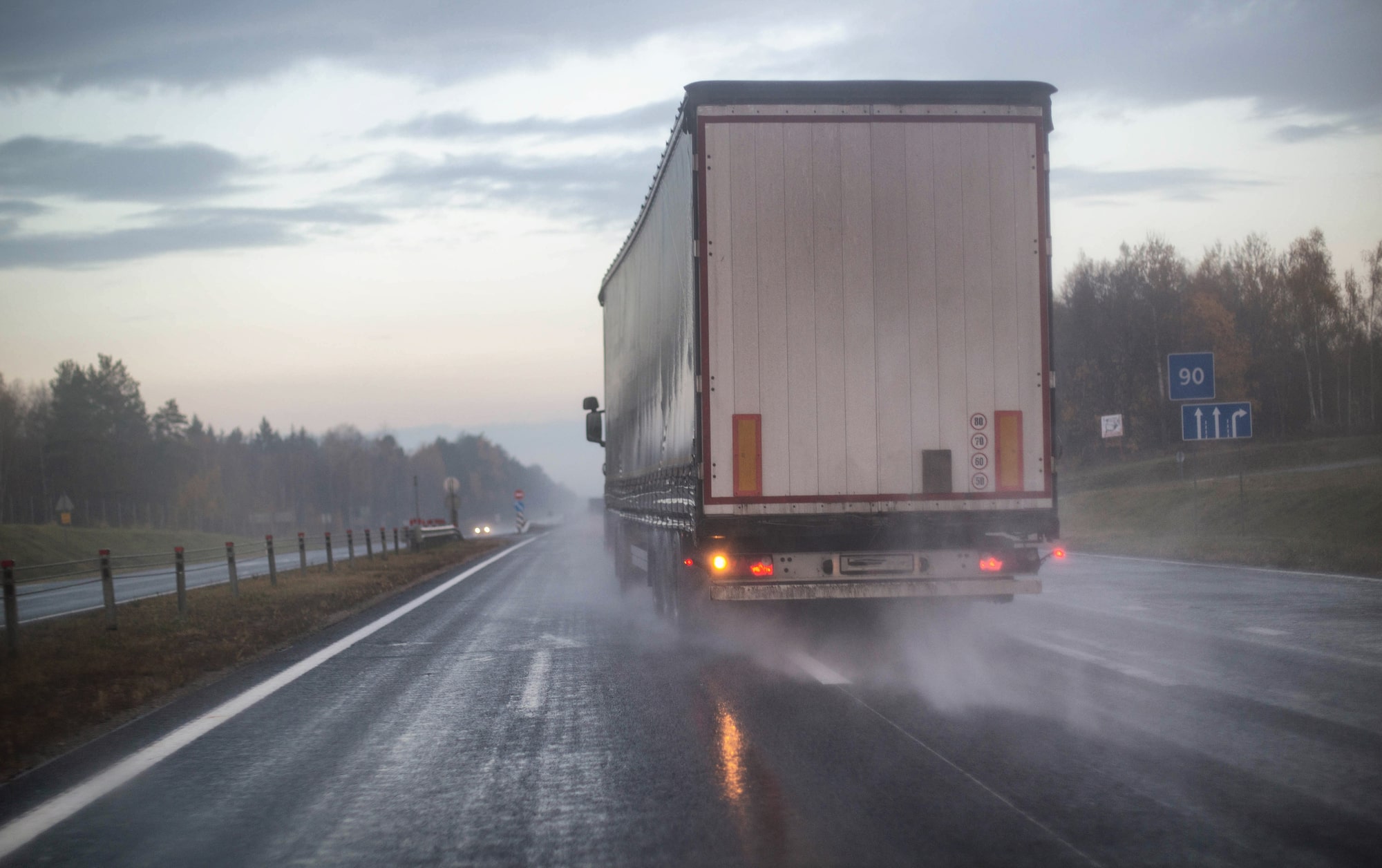Network Of Independent Truck Accident Attorneys
Connecticut Truck Accident Laws
100% Committed To Maximizing Your Recovery
How To Maximize Compensation After A Truck Accident

Truck accidents can lead to severe injuries, costly medical bills, and significant property damage. If you’ve been involved in a truck accident in Connecticut, understanding your legal rights under Truck Accident Laws Connecticut is essential to maximize your compensation. Truck accident claims can be more complex than typical car accident cases, involving multiple liable parties such as the truck driver, trucking company, and their insurance providers. Following the right steps after an accident can make a substantial difference in the amount of compensation you receive.
1. Seek Immediate Medical Attention
The first and most critical step in maximizing your compensation after a truck accident is to seek immediate medical attention, even if you feel your injuries are minor. Medical documentation serves as essential evidence when filing a personal injury claim. Truck accidents often cause hidden injuries like concussions, internal bleeding, or back trauma that may not be immediately visible but worsen over time. Failing to get treated promptly can harm your chances of receiving full compensation, as insurance companies may argue that your injuries were not related to the accident or were not severe enough to warrant substantial compensation.
2. Gather Evidence At The Scene
Collecting evidence from the accident scene is crucial in building a strong case. Take photos of the vehicles, damage, skid marks, road conditions, and any visible injuries. If there are witnesses, get their contact information. You should also file a police report, which will document the details of the accident. This report can be vital in establishing liability and supporting your claim. Additionally, the truck’s Electronic Logging Device (ELD) can provide valuable data, such as the truck’s speed and the driver’s hours of service, which can help prove negligence.
3. Understand Comparative Negligence In Connecticut
Connecticut follows a comparative negligence system, which means that you can still recover damages even if you are partially at fault for the accident. However, your compensation will be reduced by your percentage of fault. For example, if you are found to be 20% at fault, your compensation will be reduced by 20%. Understanding this rule is crucial, as you will need to prove that the truck driver or trucking company bears most of the responsibility for the crash to maximize your compensation.
4. Prove Liability Of Multiple Parties
In truck accidents, multiple parties can be held liable, including the truck driver, the trucking company, or even the manufacturer of faulty truck parts. To maximize compensation, it’s essential to investigate all possible liable parties. Trucking companies can often be held responsible if they failed to properly train their drivers, neglected vehicle maintenance, or violated federal safety regulations. Identifying and proving the liability of all parties involved can significantly increase the amount of compensation you receive.
5. Consult A Truck Accident Lawyer
Given the complexities of truck accident claims, hiring an experienced attorney who specializes in truck accidents is crucial to maximizing your compensation. A lawyer can help you navigate the legal process, negotiate with insurance companies, and gather the necessary evidence to prove liability. They can also ensure that you file your claim within the state’s statute of limitations, which is typically two years from the date of the accident in Connecticut.
Contact Truck Law today for a consultation and let us fight for the compensation you deserve